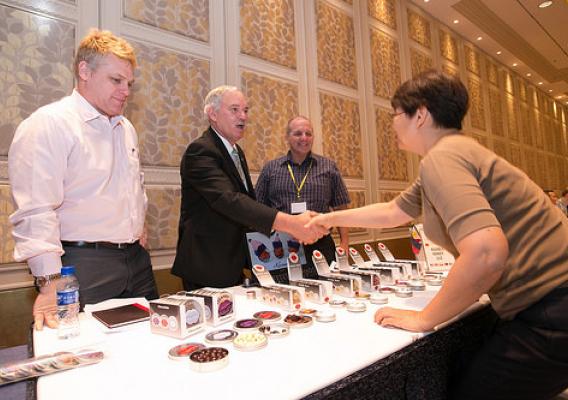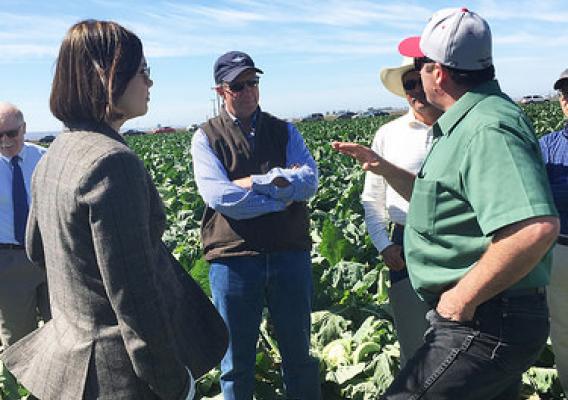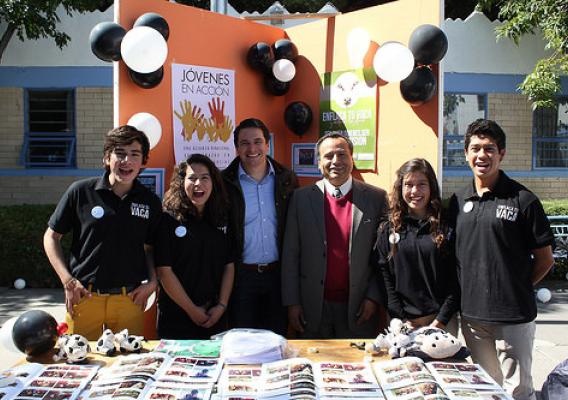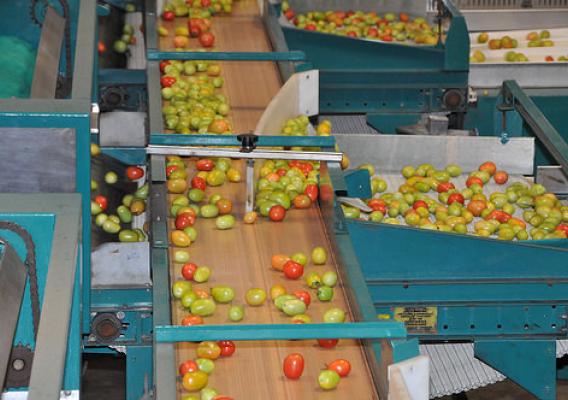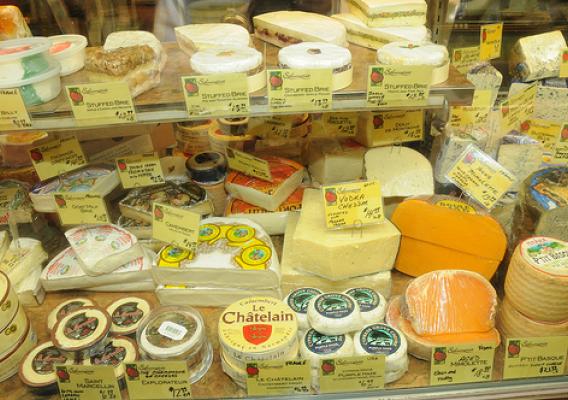In January, the United States and Japan concluded nearly two years of negotiations to re-open the Japanese market to U.S. processed beef products. These efforts ensured that, for the first time since 2003, all products from U.S. cattle less than 30 months of age would be eligible for export to Japan. Japan is the United States’ largest beef export market, valued at nearly $1.6 billion in 2014.
In February, the FAS Office of Agricultural Affairs in Tokyo was understandably excited to learn that Perky Jerky, a Colorado-based company, was interested in bringing its beef jerky to FOODEX 2015, the largest food tradeshow in Asia drawing almost 3,000 exhibitors from 79 countries. The value of exhibiting at FOODEX is considerable, as over 75,000 trade professionals from Japan, North Asia, Southeast Asia, and around the world would attend the show. The only problem was that FOODEX was scheduled to begin in less than two weeks, and the beef jerky hadn’t even been produced yet. Bringing a new-to-market product to Japan in less than two weeks would be a daunting task under normal conditions, but late February was anything but normal as Japanese customs and quarantine officials were busy clearing an enormous volume of products for the nearly 2,300 other international exhibitors from 79 countries participating at FOODEX.

